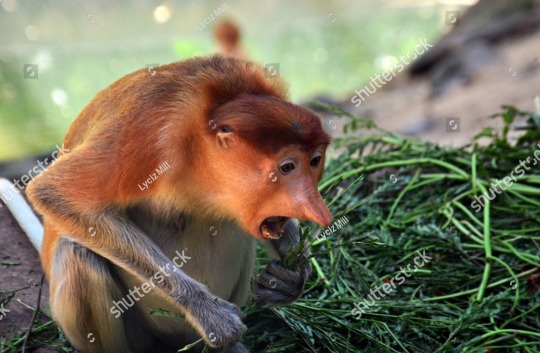Text
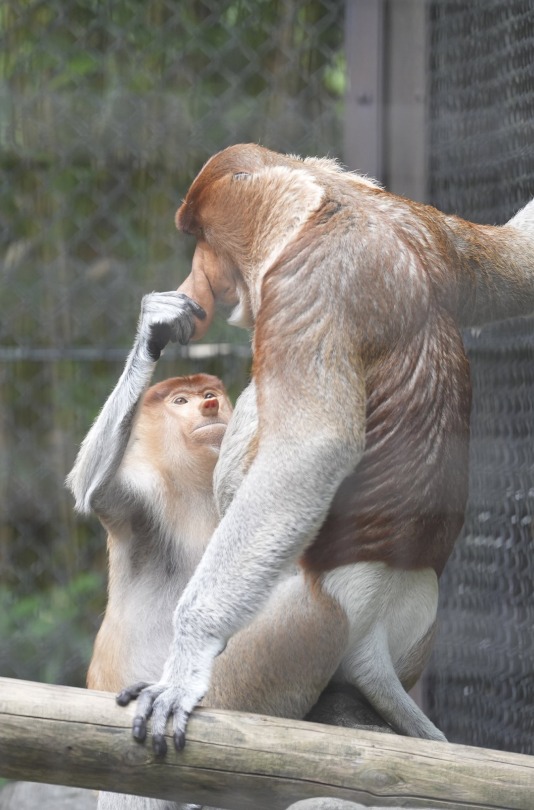
Nose inspection day
1K notes
·
View notes
Text
Center for Great Apes calls for support after Hurricane Ian:
Thank you for all of your well wishes and positive pant hoots and long-calls!
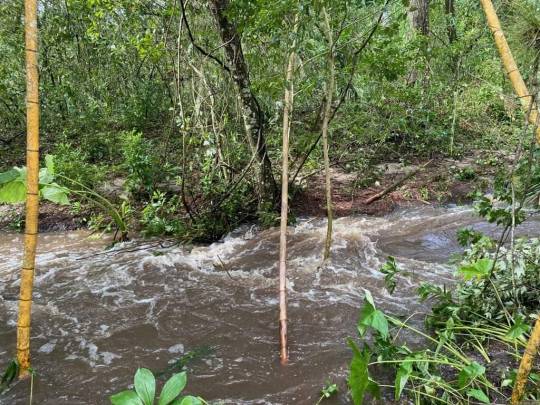
We received a direct hit from Hurricane Ian. All of the apes and staff are safe, but the grounds will need significant clean up.
A few of the big oak trees, pines, and bamboo have come down along with some perimeter fences, but most of the damage is from flooding, limbs down, and debris.
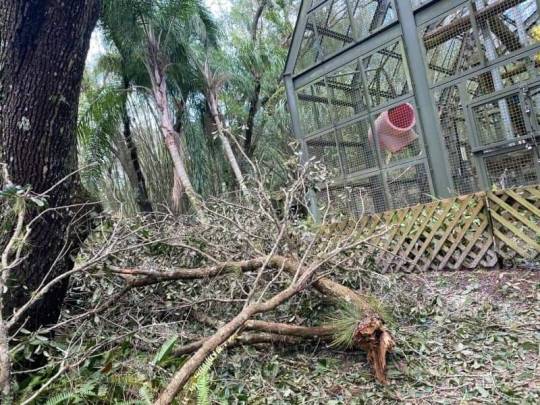
The sanctuary does not have power, water, or phone service as of right now, but we have generators running a short time to give us water to clean.
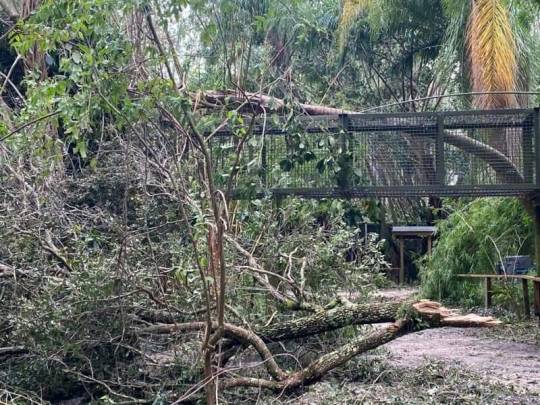
While our apes are safe they are still stuck inside their nighthouses until the debris is cleared from their outdoor habitats.
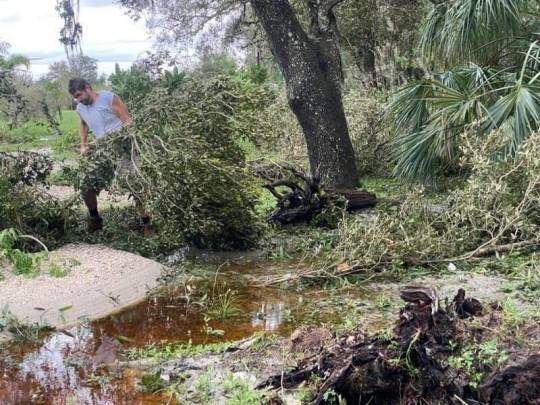
We only have a skeleton staff crew since some of our staff can't get to us because of closed roads and flooding. However, the staff here have worked hard to clear paths and ape habitats.
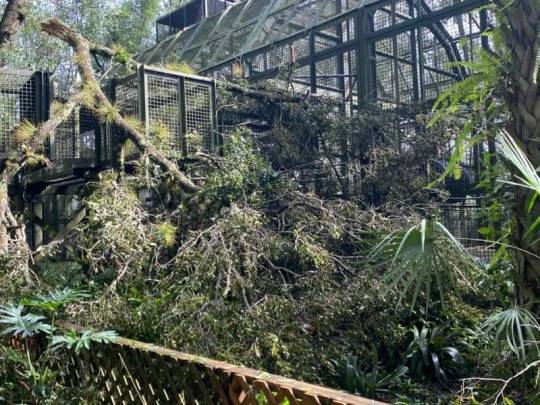
We could really use your help with clean up. If you would like to donate, please use our website here:
Donate here
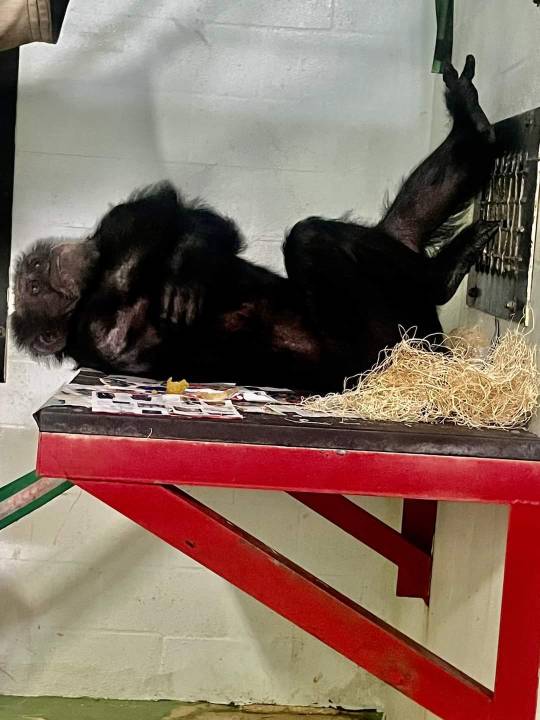
Because we don't have power or phone service, our main office is closed. Please contact our Donor Programs Coordinator, Lauren at [email protected] if you have questions that need immediate assistance.
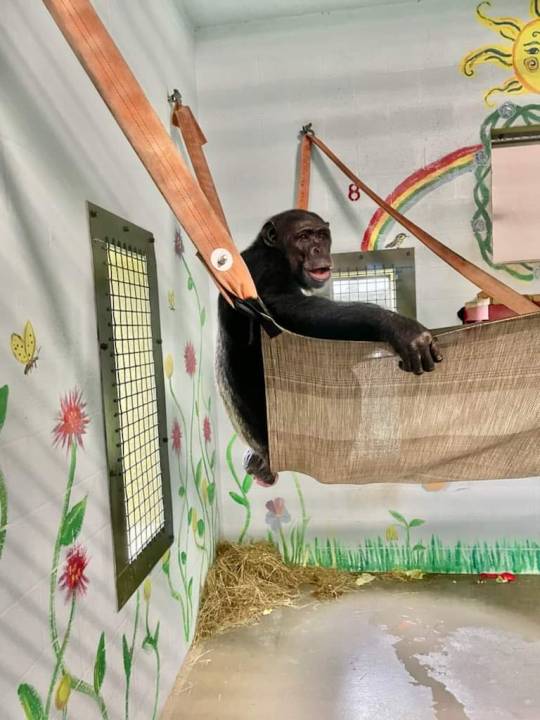
Source
779 notes
·
View notes
Text

Happy International Orangutan Day from the jungles of Borneo! Orangutans are more important than ever on this day - The big, charismatic apes are the face of conservation efforts for the entire mangrove and rainforest ecosystem of Borneo. Sadly, if they go, so too will the plants who rely on them as seed dispersers, an ecosystem of gut parasites (an important part of global biodiversity!), and potentially even our beloved Proboscis Monkey.
There is no one simple solution to conservation, but reducing global demand for palm oil is a small step that everyone can help take. Check out Products Without Palm Oil for a handy guide, but always remember the fight on the ground from activists in Malaysia and Indonesia, and the unfortunate history of colonialism and imperialism that has led to these economies relying on the non-native palm oil plantations to remain competitive in a global economy.

532 notes
·
View notes
Text




Collection of strange European Proboscis Monkey taxidermy
79 notes
·
View notes
Photo

In one study, only 12 proboscis monkey mountings were recorded in a year, 17% of which were same-sex mountings. Juvenile proboscis monkeys will frequently go out of their way to prevent heterosexual copulation by climbing on the participants, pulling on the male’s nose, making noises, or making distracting movements.
Female proboscis monkeys often refuse heterosexual copulation, and have been observed alternating between same-sex and opposite-sex activities in one session. (x)
596 notes
·
View notes
Text
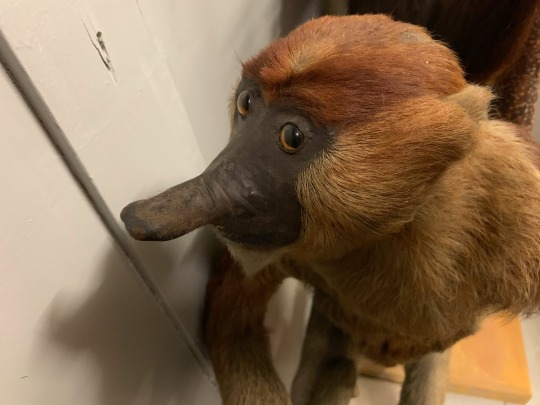

Yet another incorrectly stuffed Proboscis Monkey Taxidermy from the Natural History Museum of Denmark.
1K notes
·
View notes
Text

There is a myth among the Kadazan people of Sabah that the Proboscis Monkey (Ungui) is actually just a white man who got lost in the jungle. (source)
2K notes
·
View notes
Photo


Proboscis monkey
491 notes
·
View notes
Photo
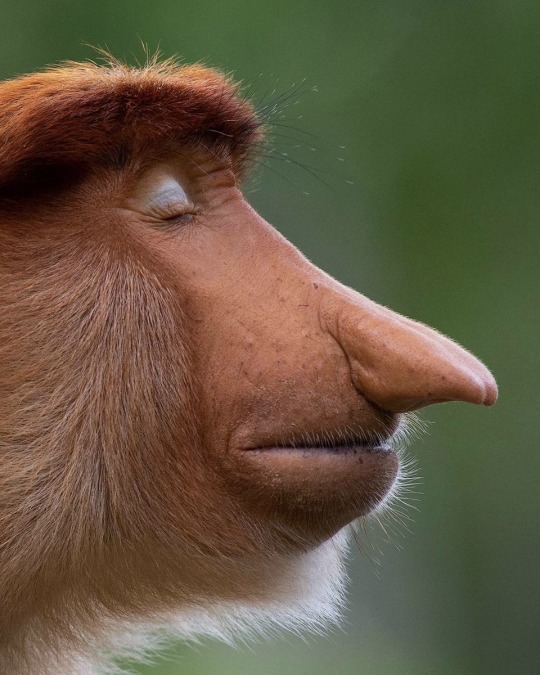
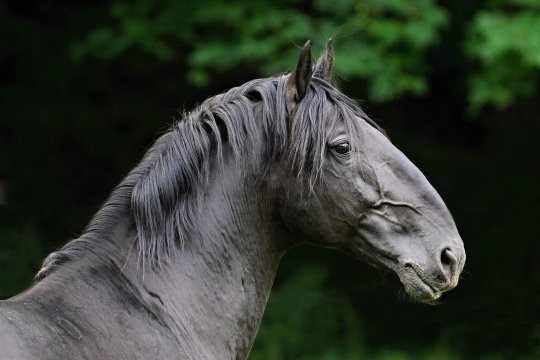







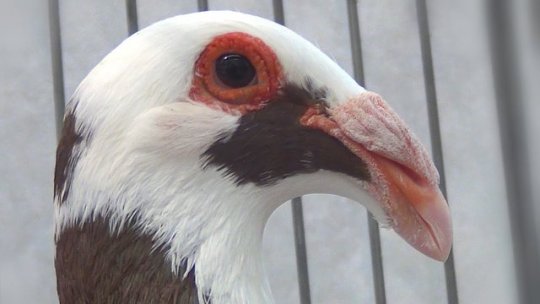
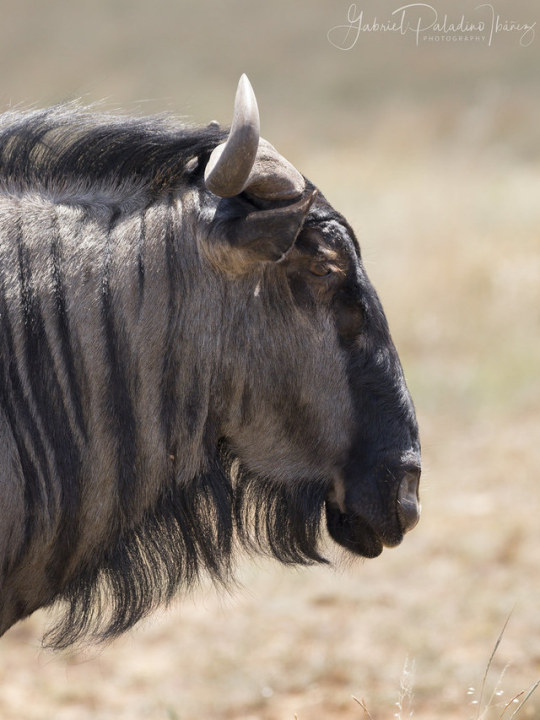
Schnoz
52K notes
·
View notes
Photo
This post is making the rounds again, just a reminder the monkey is ok!
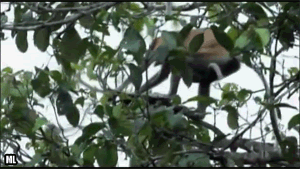
A proboscis monkey makes a daring leap into the river below
57K notes
·
View notes
Photo
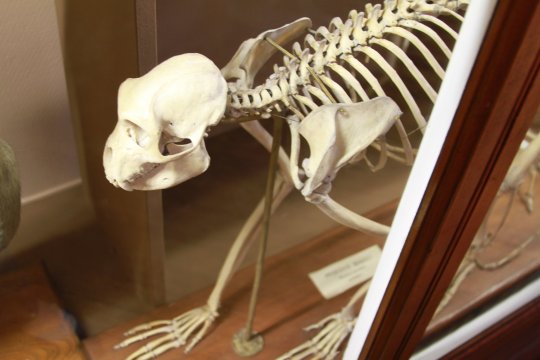
Proboscis monkey skeleton from the Wagner Free Institute of Science
33 notes
·
View notes
Photo

Incorrectly stuffed taxidermy of a proboscis monkey at the American Museum of Natural History
461 notes
·
View notes
